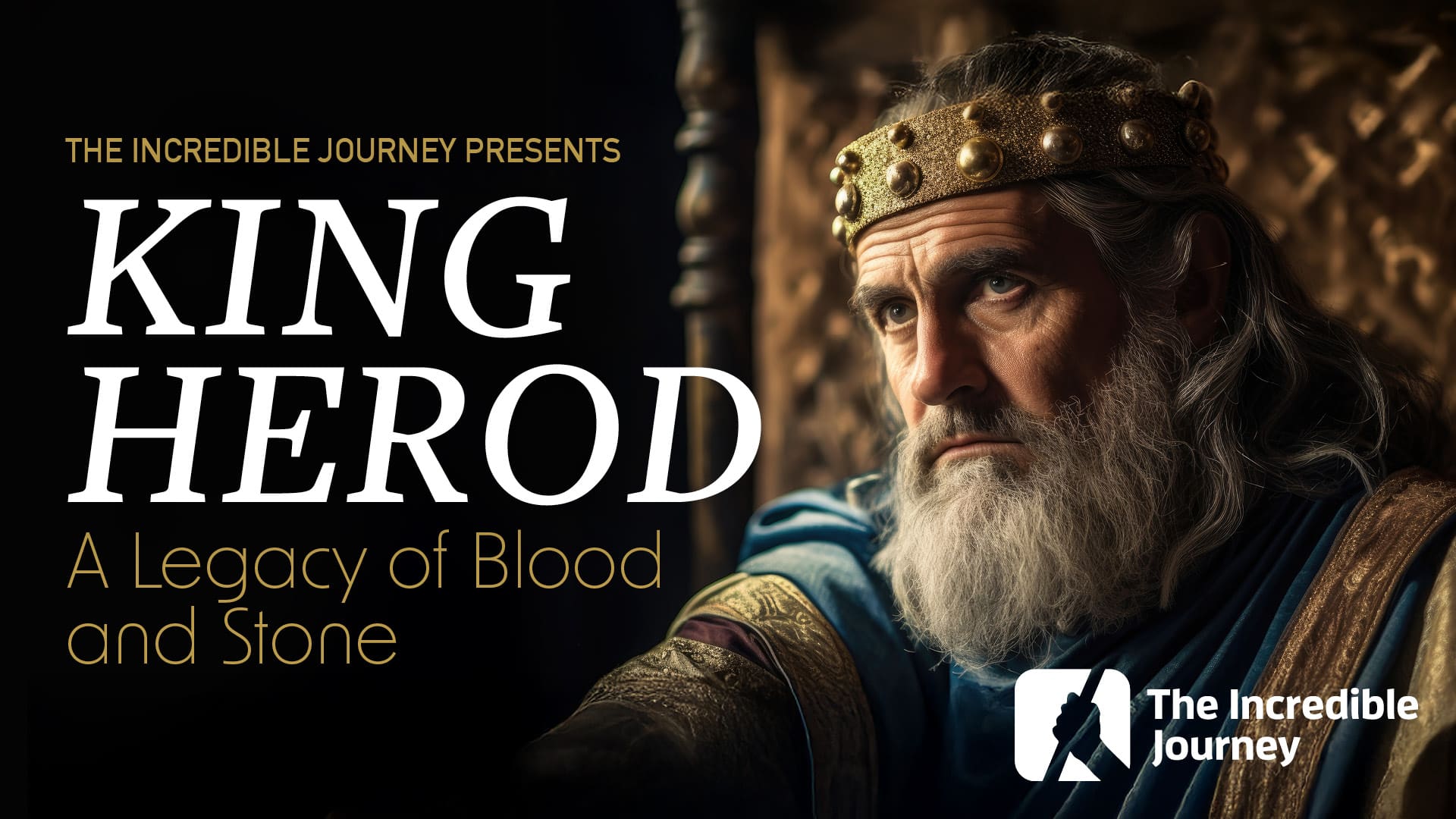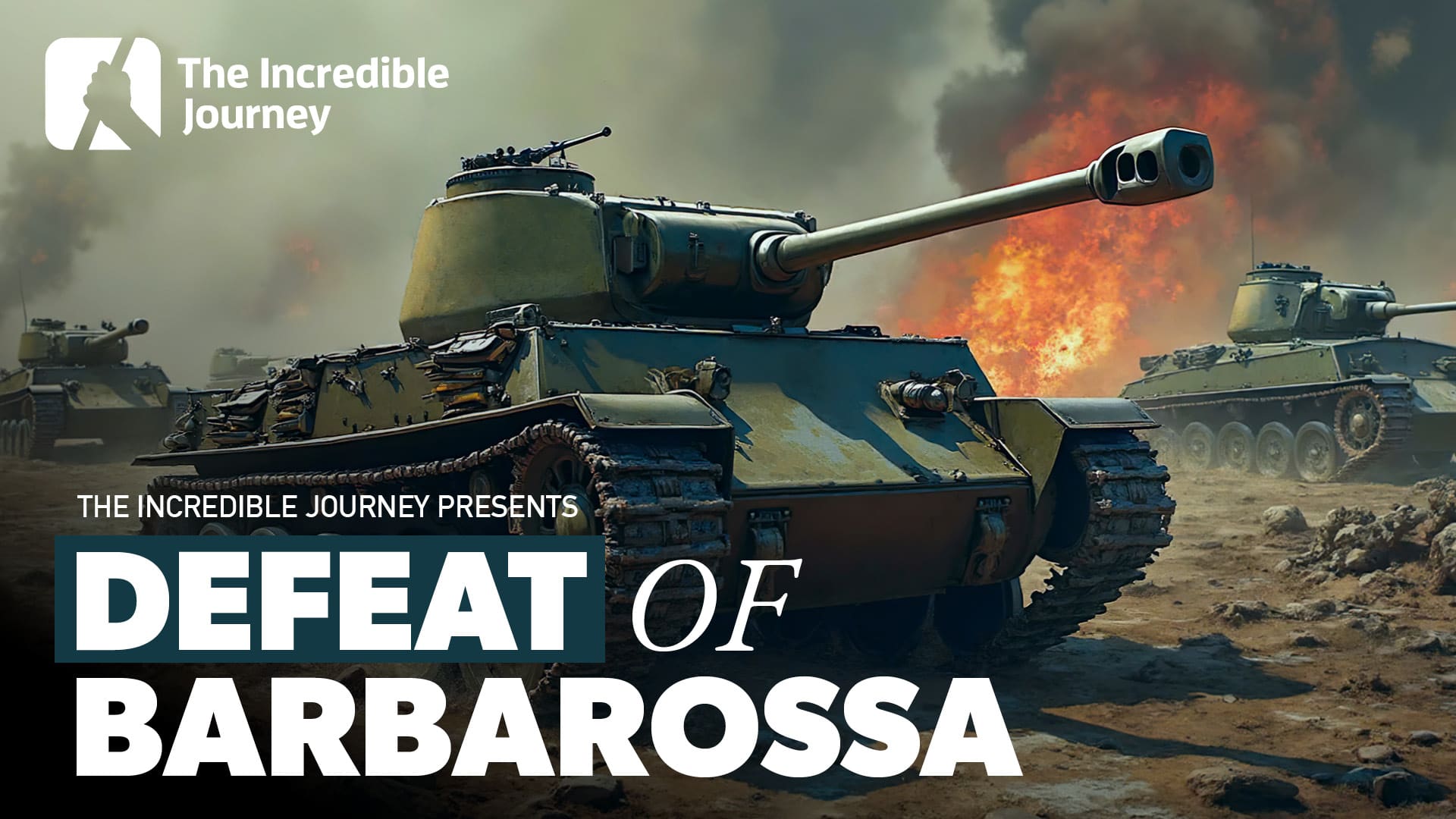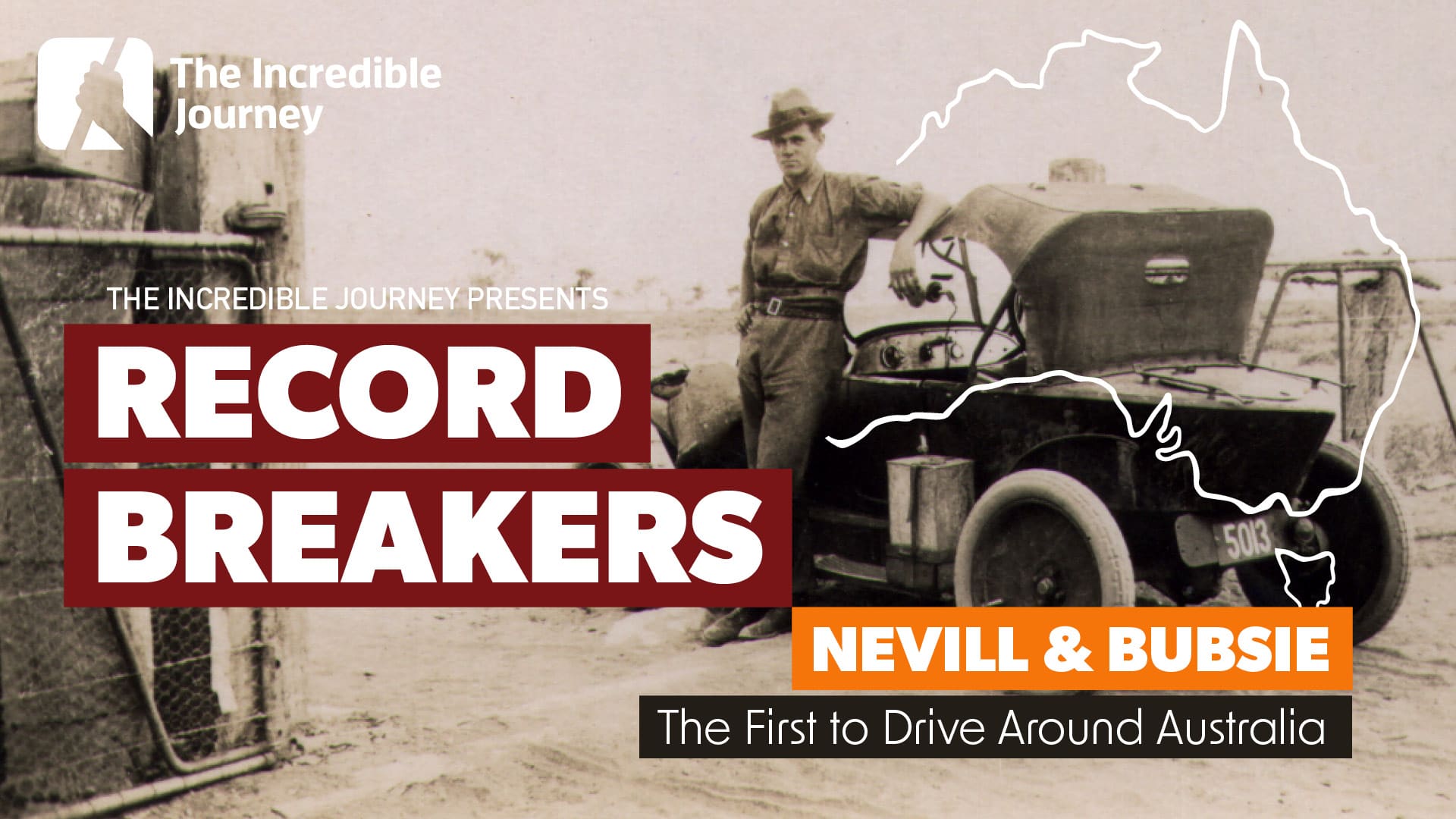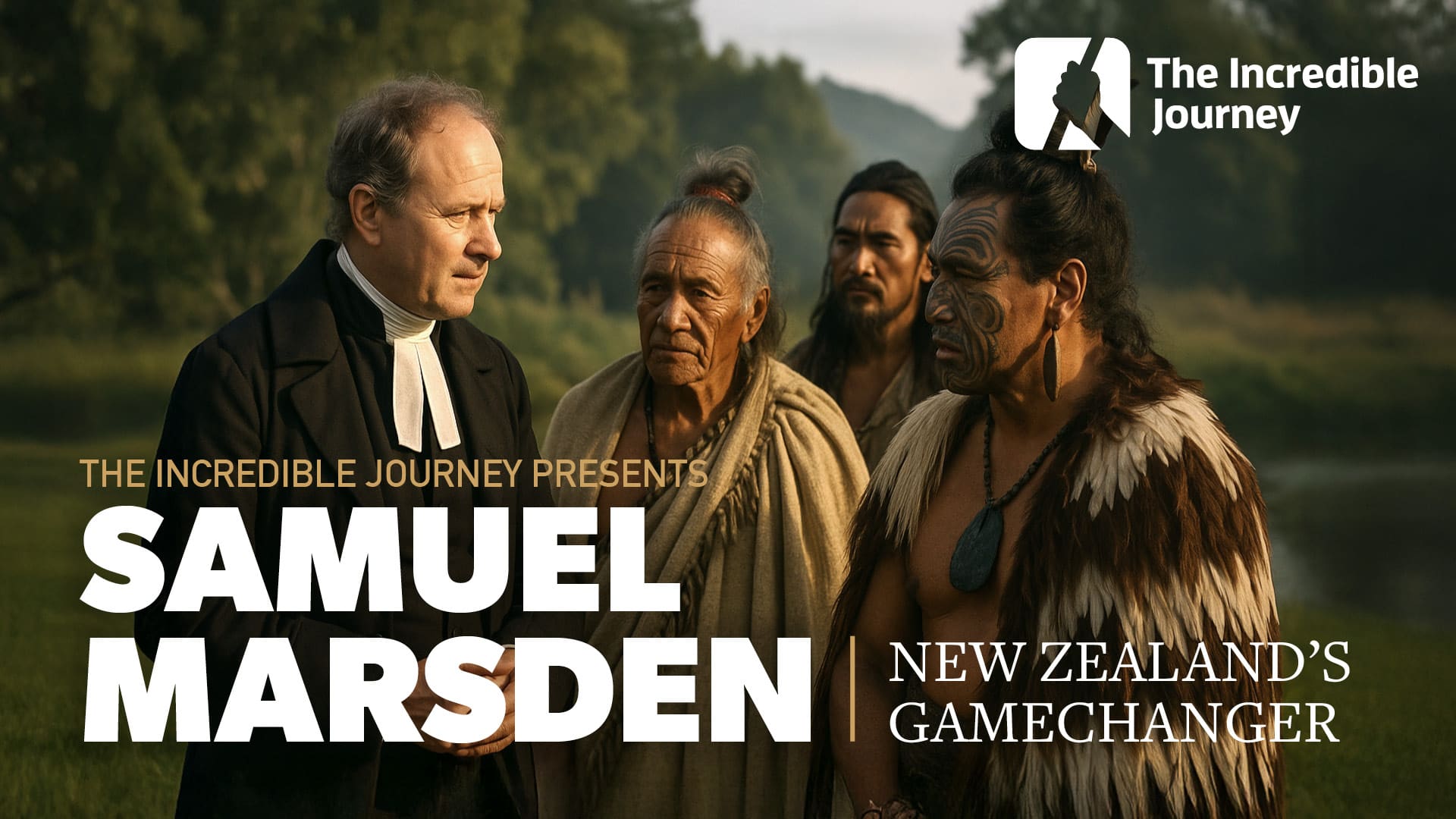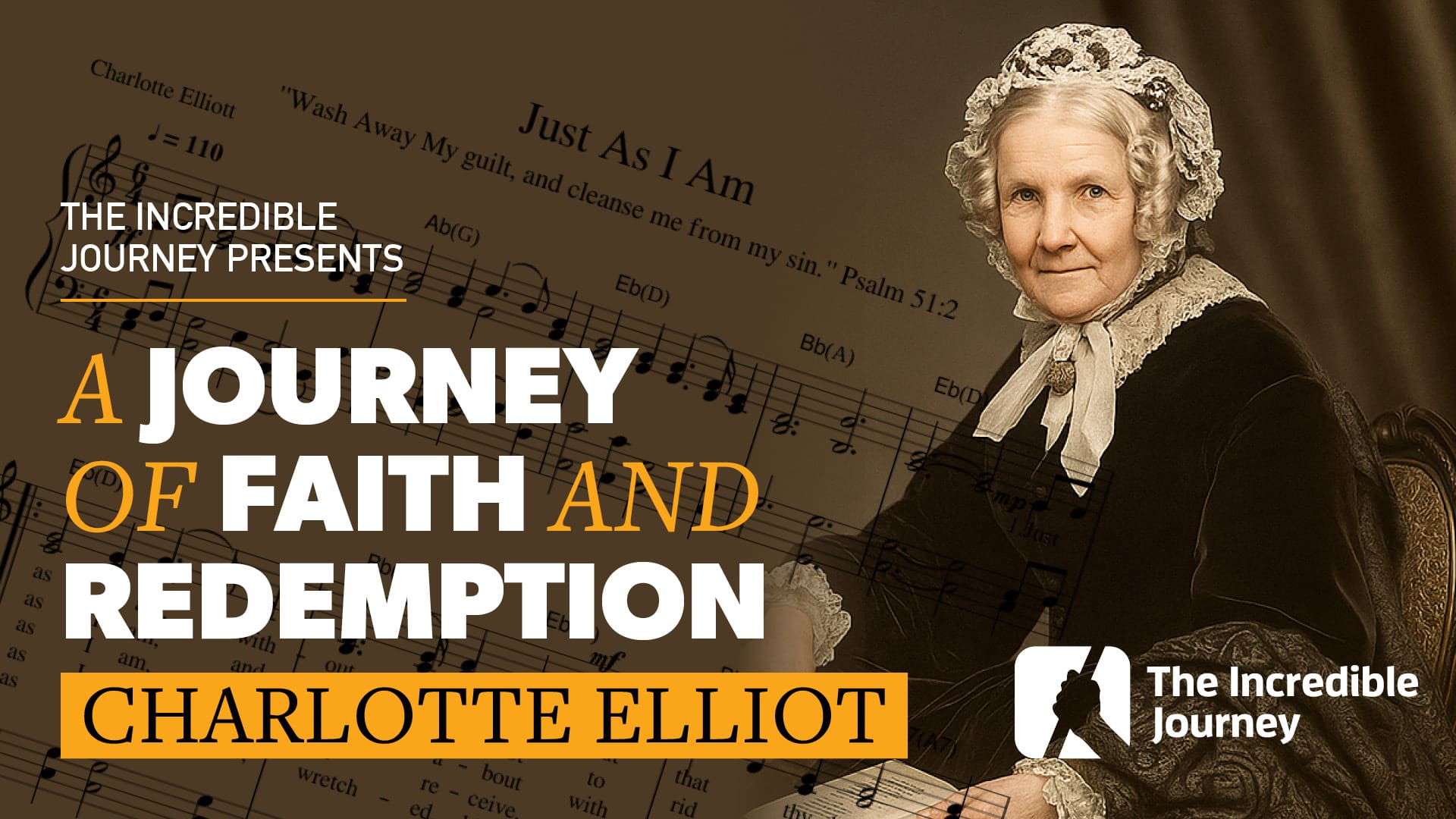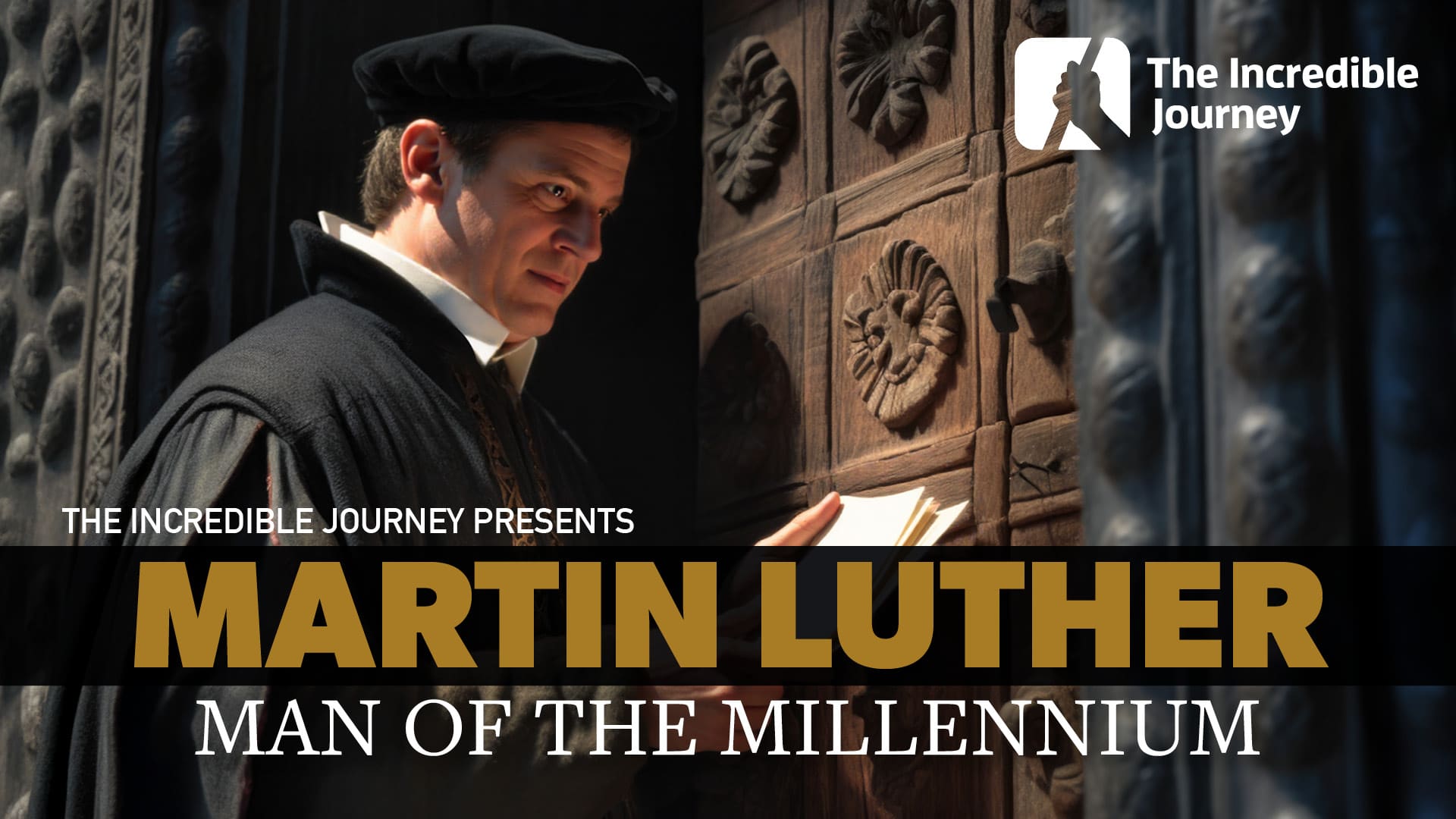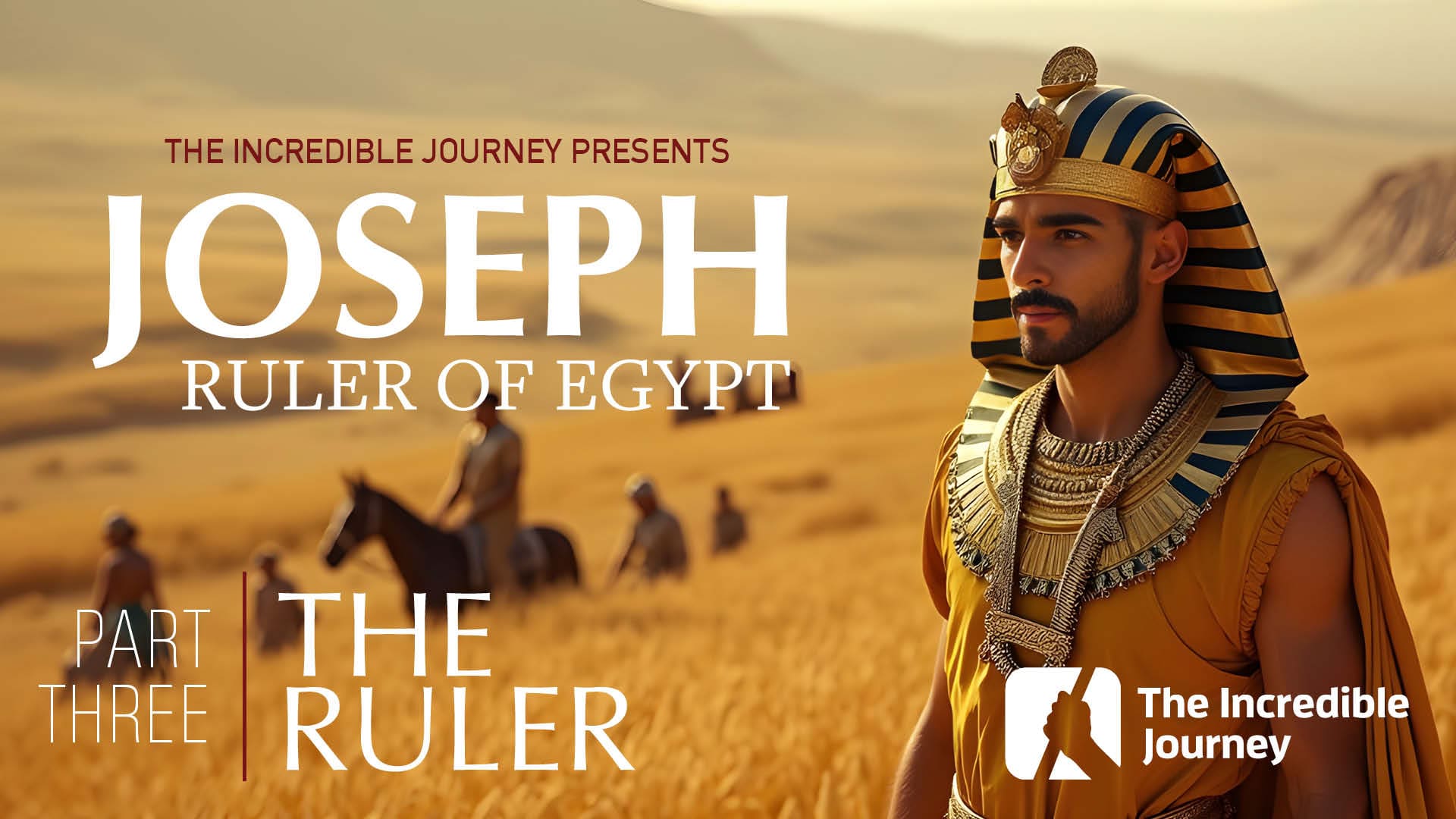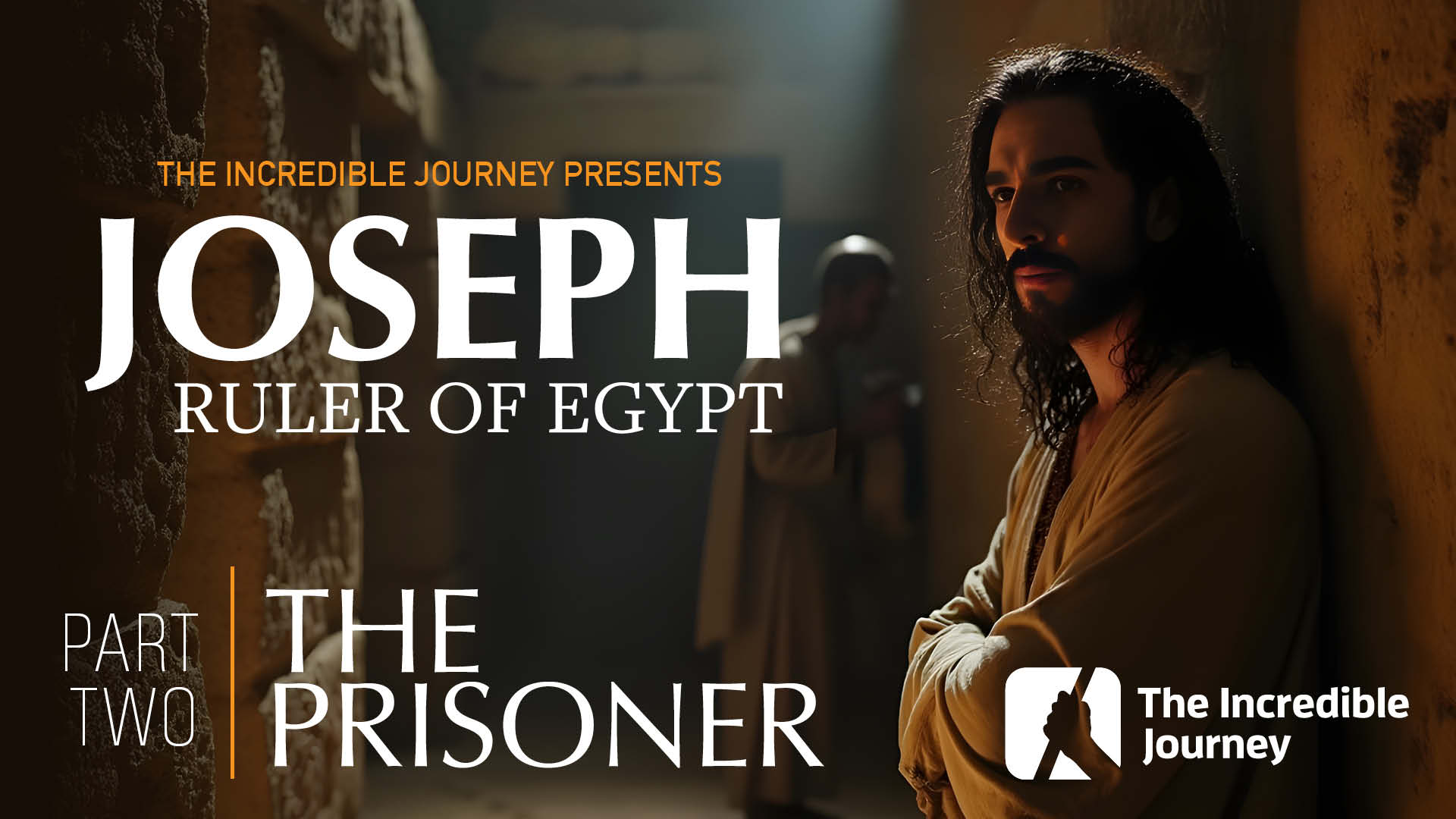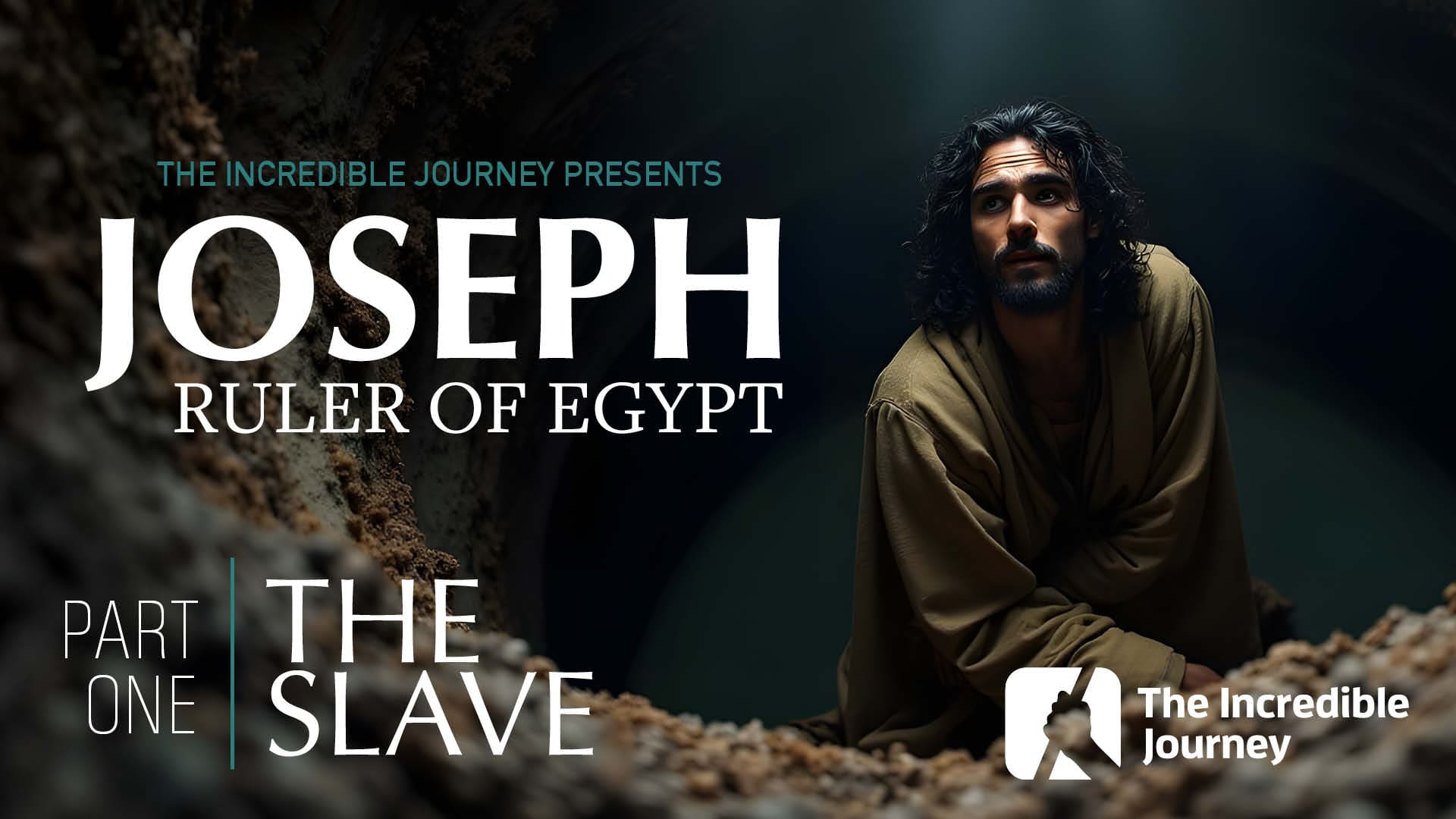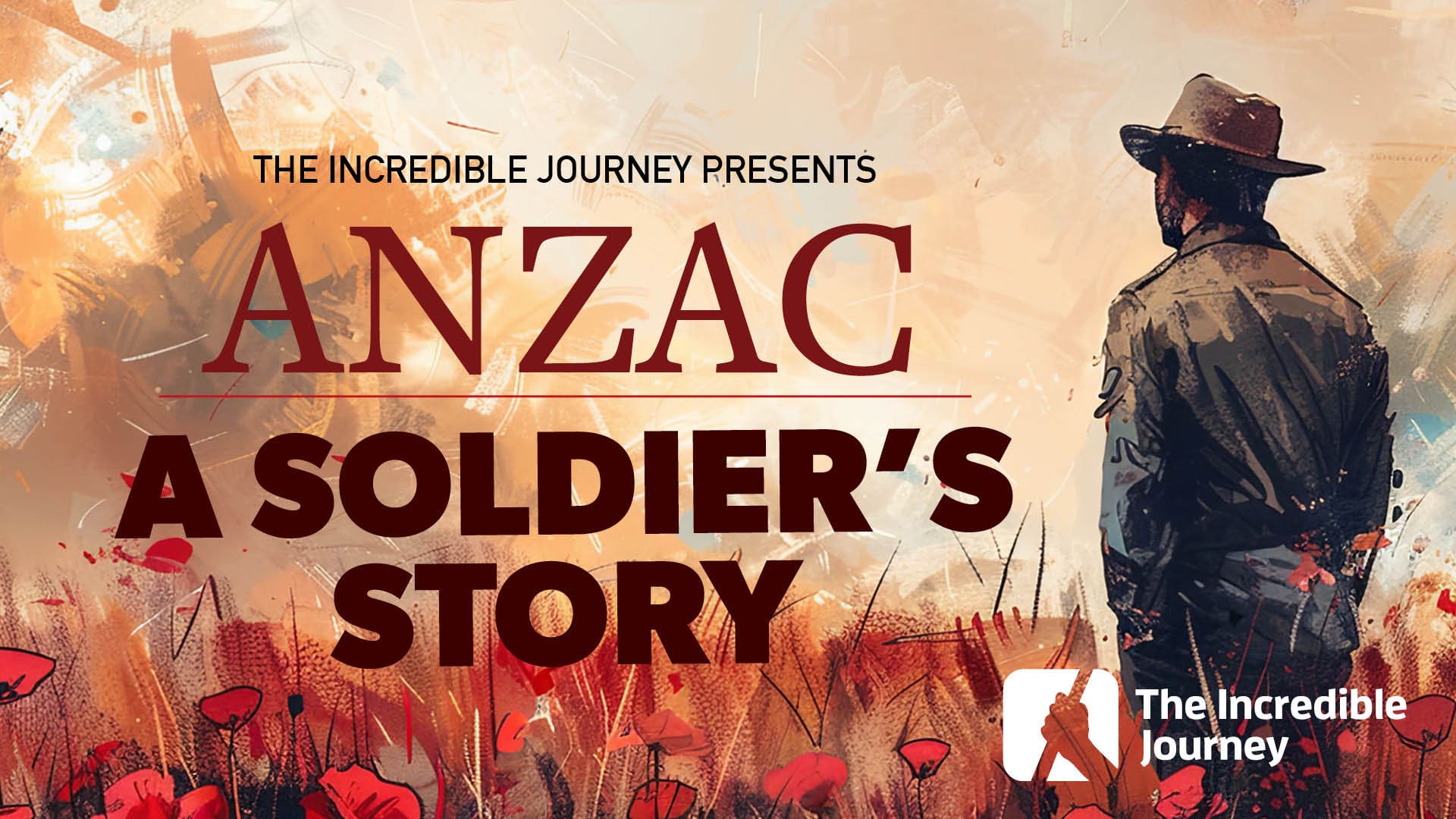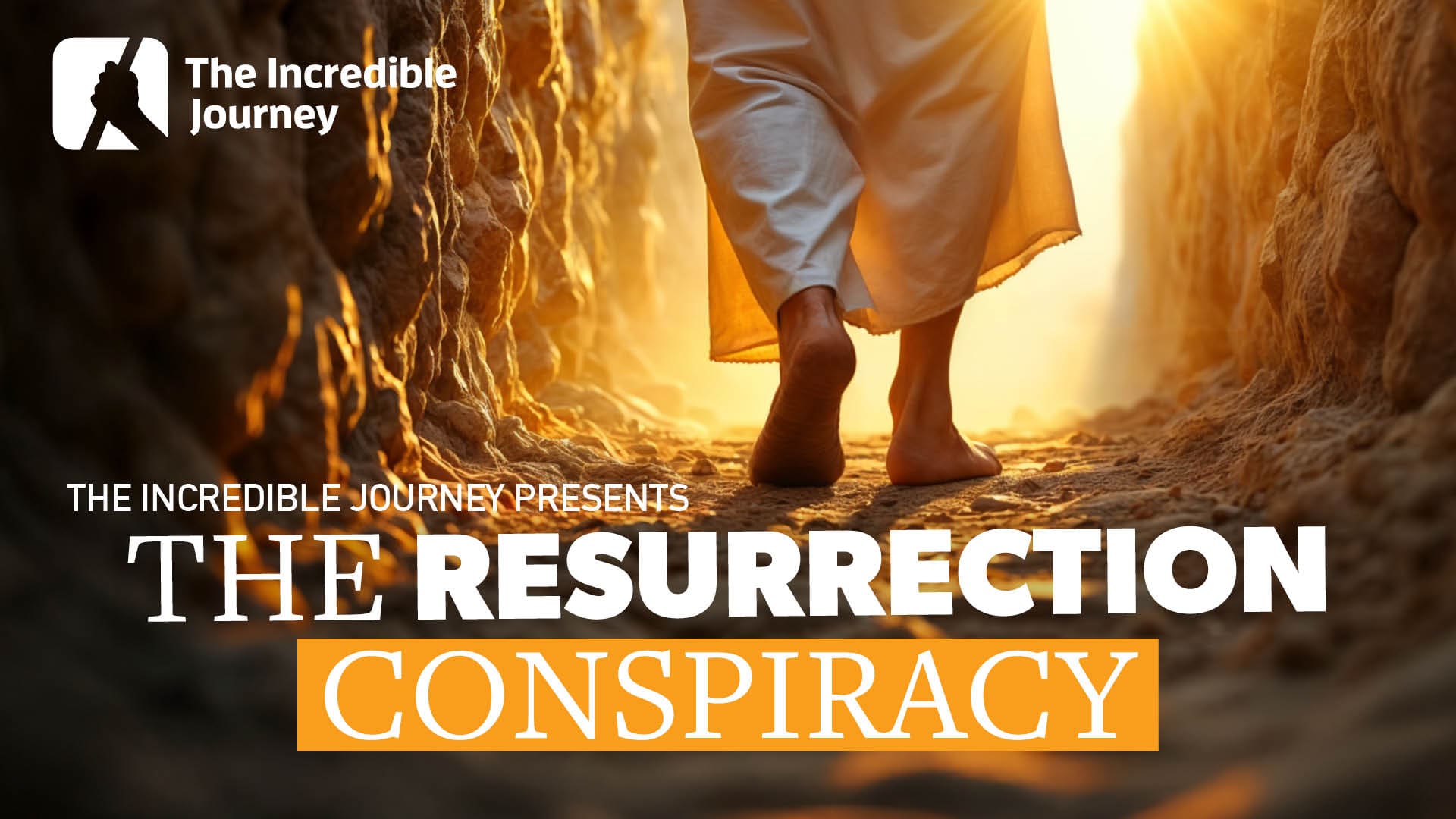The Incredible Journey
Operation Barbarossa and the area which fell under it became the site of some of…
In August 1925, two young adventurous missionaries set off from Perth, Western Australia, in their…
Did you know that the foods we eat daily determine our brain’s health and well-being?…
Born the son of a humble blacksmith in Yorkshire, England, Samuel Marsden rose to become…
Charlotte Elliot’s story is one of resilience, faith, and grace. Born in 1789 in England,…
Over 500 years ago, a young German monk named Martin Luther challenged the power and…
Previously, we followed Joseph as he was betrayed by his brothers, sold into slavery, and…
Joseph belonged to a big, messy family of 13 siblings, four wives and one father….
Have you ever wondered what secrets lurk in your family’s past? Have you ever thought…
Throughout history, death has been universal, with some deaths more notable or mysterious than others….
